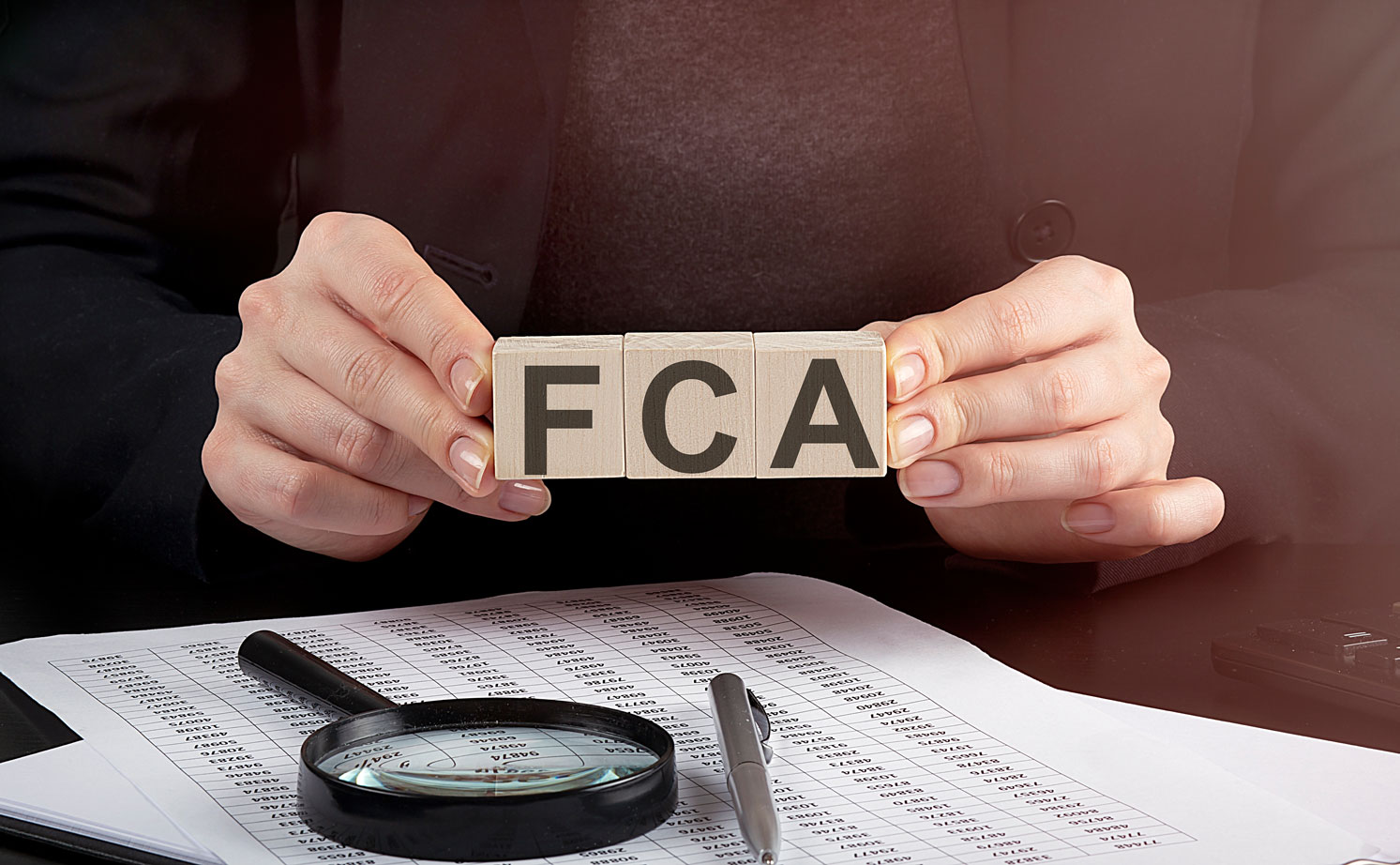Every owner or senior executive of a business that bills the government for goods or services faces the same nightmare scenario. You do your best to follow every regulation as to not merely the goods or services provided, but all the billing details too. You even hire a compliance officer to help guide you through the regulatory thicket. Then, one day, the business gets served with a subpoena from the United States Attorney’s Office and/or a state Attorney General. The next thing you know, the government is accusing your business of having filed false claims. In the worst-case scenario, the government alleges that you yourself are a party to those false claims. All because the government reads a law or regulation differently than do you and your compliance officer.
The federal False Claims Act (“FCA”) and its state counterparts have turned into one of the most powerful – often draconian – weapons in the considerable arsenal of federal and state governments. For every item billed that the government contends to represent a false claim, the billing party is subject to a penalty of three times the amount billed, plus between $5,500 and $11,000 per false claim. For entities such as health care providers or SaaS platforms, who often bill tens of thousands of small-value claims each year, this extra “per claim” penalty can be fatal. Even without the treble damages, each one-thousand disputed claims could result in a penalty of $11,000,000.
Moreover, the government frequently applies the FCA even when there is no dispute that the underlying goods or services were delivered as promised. This increasingly applies in industries like IT and construction, where the FCA charge is based on the billing party’s failure to comply with attestations related to compliance with regulations regarding sidebar topics such as data privacy or labor laws.
Should a business be subject to the FCA when it acted in accordance with an objectively reasonable interpretation of regulations? This question is presently before the United States Supreme Court, as it reviews two cases known as Schutte v. SuperValu, Inc. and Proctor v. Safeway, Inc. These cases relied on an earlier case named Safeco Ins. Co. of America v. Burr, which held that a party does not act “willfully” or “recklessly” (which goes to the FCA’s requirement of a knowing violation) if it relied on a reasonable but erroneous interpretation of a law, and there was no agency guidance to “warn away” the defendant from such a position.
While this may seem reasonable to most business owners or executives, the argument to the contrary is that this “reasonableness” standard could be read to afford a party a loophole to violate the law and then, if challenged, concoct a reasonable interpretation of the law at issue.
The Supreme Court has accepted written briefs from many parties in Schutte and Proctor, is scheduled to hear oral arguments in late April, and is expected to render a decision this fall. PLDO will keep our clients updated on the progress of this very important case. In the meantime, if you have questions, please do not hesitate to contact Partner Joel K. Goloskie at 617-771-1154 or [email protected], or Partner Aaron Weisman at 401-824-5169 or [email protected].


